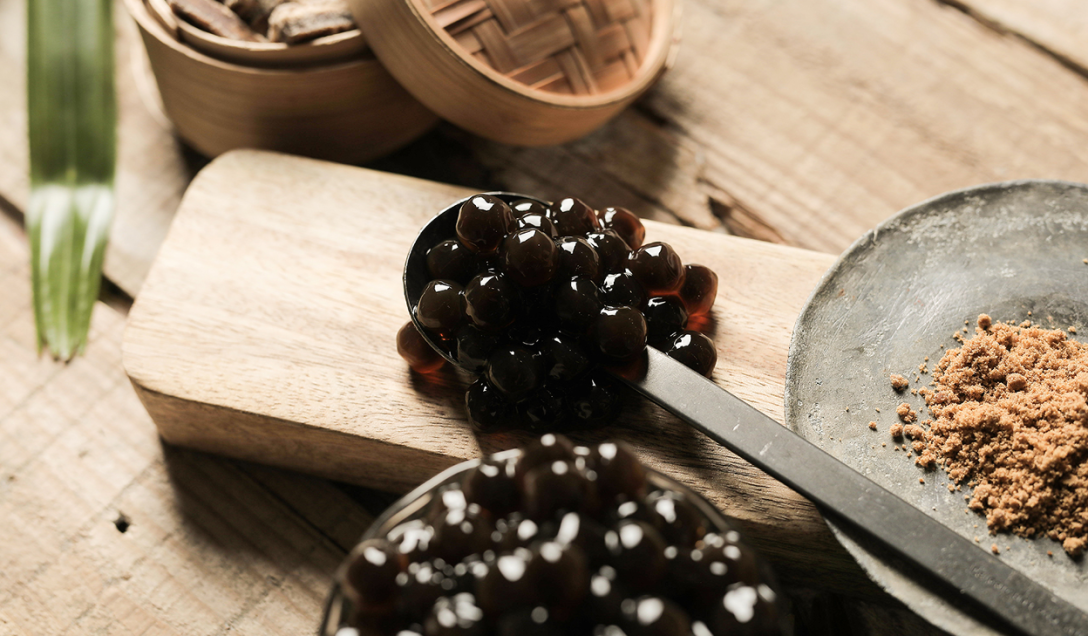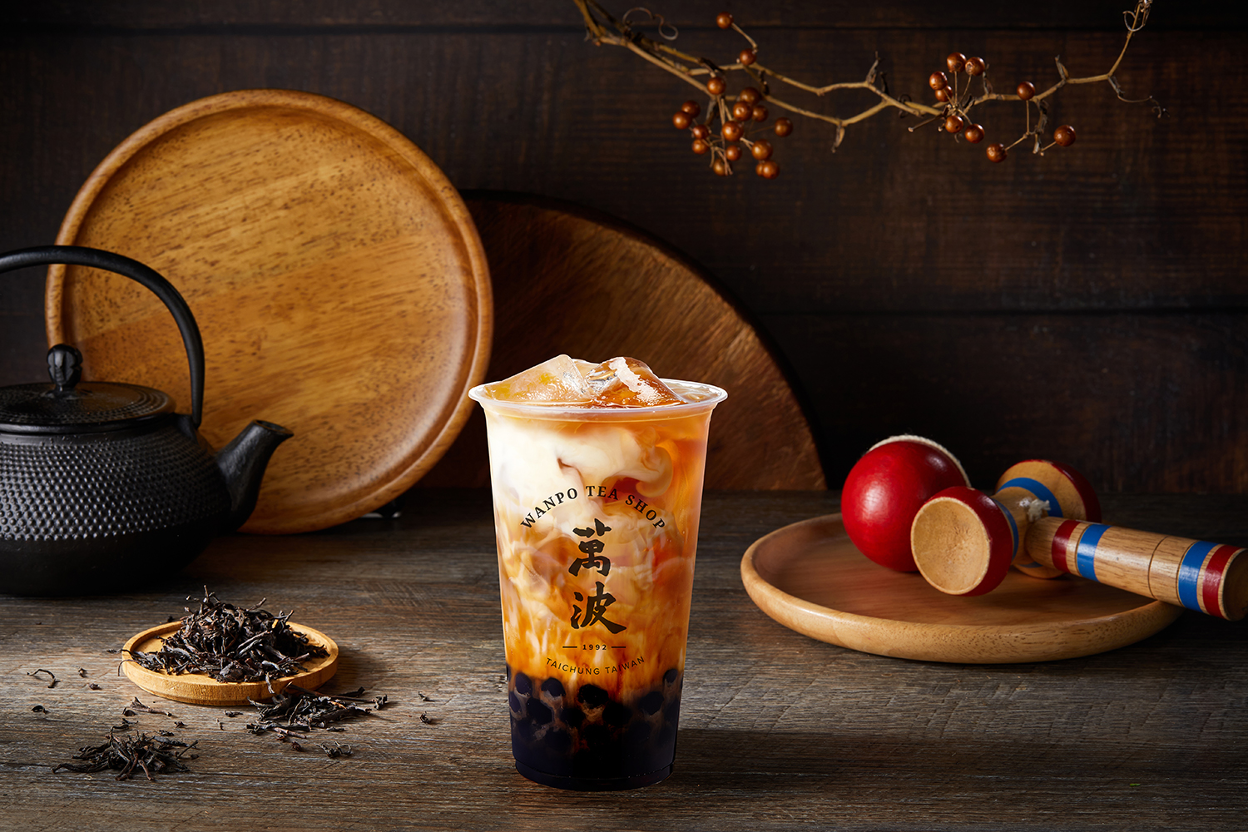
Is Boba Vegan? What You Need to Know About Ingredients and Dairy-Free Options
Boba tea, or bubble tea, is everywhere these days. It first showed up in Taiwan in the 1980s and slowly spread across the world. Now it’s sold in small neighborhood shops and big international chains.
The drink is simple: tea, milk, and chewy pearls at the bottom. But these days, it’s grown into something more. For many, grabbing boba has become a social habit. It’s what people do after school, during weekend hangouts, or when they just want a sweet pick-me-up.
With more people choosing plant-based diets, one question keeps coming up: is boba vegan? The answer isn’t as straightforward as yes or no. It depends on the ingredients: the pearls, the tea base, the milk or creamer, and even the toppings. Some of these are naturally vegan, while others need substitutes or a closer look at what’s really inside.
Types of Boba Pearls
Not all boba pearls are cut from the same cloth—or in this case, rolled from the same dough. If you’re curious about what goes into your favourite bubble tea, here’s the lowdown on the most common types of pearls and whether they’re vegan-friendly.
-
Classic Tapioca Pearls
These chewy black pearls are the boba classics. They’re made from tapioca starch (from cassava root), water, and sugar. The dark color usually comes from caramel or brown sugar. Most of the time, they’re vegan. But it’s always a good idea to check with your local bubble tea shop just to be safe!
-
White or Clear Pearls
These pearls skip the caramel coloring. They have a more translucent appearance with a milder, neutral taste. Since they are usually made from the same base ingredient—tapioca starch—they are typically vegan as well.
-
Mini Pearls
Picture the classic tapioca pearls, but in a pint-sized version! These are also made from cassava starch, so they are generally vegan unless flavored with non-vegan syrups.
-
Popping Boba
These are very different from tapioca pearls. Popping boba are juice-filled spheres that burst when bitten. They are usually fruit-flavored and made with seaweed extract or other gelling agents. Most are vegan, but some may use gelatin or dairy-based flavorings. Checking the label is important here.
-
Crystal Boba
This type is more jelly-like. It’s often made from konjac or agar, both of which are derived from plants. Most versions are vegan, but flavored ones can sometimes sneak in honey.
-
Flavored or Stuffed Pearls
This is where vegan eaters need to be more cautious. Some pearls are pre-mixed with cream fillings or flavor powders that may contain milk, gelatin, or honey. If you’re sticking to a strict plant-based diet, it’s always worth double-checking the ingredients.
How Vegan-Friendly Are Popular Boba Drinks?

Milk Tea and Dairy Alternatives
Traditional milk tea is made with dairy milk, which means it is not vegan by default. However, many shops now offer non-dairy options such as oat milk, soy milk, almond milk, or coconut milk. These plant-based choices make it easy to adapt classic milk tea into a vegan version. Though one thing to watch out for is creamers or milk powders. Some shops use these instead of fresh milk, and many contain casein, a milk protein. Even if a drink looks dairy-free, the powder mix may not be vegan.
Fruit Teas and Vegan Toppings
Fruit-based teas are usually safer for those avoiding animal products. They are brewed with tea leaves and fruit syrups or purees. As long as the syrups do not contain honey, these drinks are typically vegan. Common toppings that pair well with fruit teas include crystal boba, aloe vera, and grass jelly. All of these are plant-based. Tapioca pearls also work with fruit teas, making it easy to enjoy variety without dairy.
Non-Vegan Toppings to Avoid
Some toppings are less vegan-friendly. Puddings are often made with eggs and milk. Whipped cream toppings almost always contain dairy. And again, some flavored pearls can include hidden animal-derived ingredients.
Why Vegan Options Matter
The question of whether boba is vegan is not just about personal diet—it also reflects a growing shift in how people eat.
Consumer Trends
Reports show that more people are adopting vegan, vegetarian, or flexitarian habits. Younger generations in particular are driving this change, asking for menus that include plant-based alternatives. Bubble tea is a social drink, and when a group of friends goes out, they want options that suit everyone at the table. Offering vegan-friendly boba means nobody feels left out.
Health and Ethical Appeal
For many, choosing vegan drinks is about health. Plant-based milks are often lighter, and they cater to people with lactose intolerance. Others avoid animal products for ethical or environmental reasons. By providing vegan boba options, shops can meet all these needs in one simple step.
Business Opportunity
From a business standpoint, clearly labeling vegan options builds trust. Customers appreciate transparency and are more likely to return to shops that make it easy to order according to their preferences. It also sets a brand apart in a competitive market. With Gen Z and Millennials forming a big part of the boba customer base, vegan options align well with their values.
Is Boba Vegan-Friendly Enough Today?
So, is boba vegan? The answer is “partly.” The pearls themselves are usually vegan, especially when they are made from tapioca or plant-based jellies. The real challenge lies in the milk base, creamers, and certain toppings.
The good news is that more shops are getting on board with plant-based choices. Oat milk, almond milk, soy milk, and coconut milk are now easy to find. That means vegan milk teas are simpler than ever. Plus, fruit teas and plant-based toppings give you even more options to enjoy.
Still, it helps when shops are transparent. Ingredient lists, vegan labels, and trained staff all make a difference. With these small adjustments, bubble tea can be both inclusive and enjoyable for a wider audience. For businesses, that flexibility is an opportunity. For customers, it means one more way to enjoy a plant-based lifestyle.
Want to explore which drinks are already vegan-friendly—or can be customized that way?
Explore the Wanpo Tea Menu and Find Your Plant-Based Favorite!